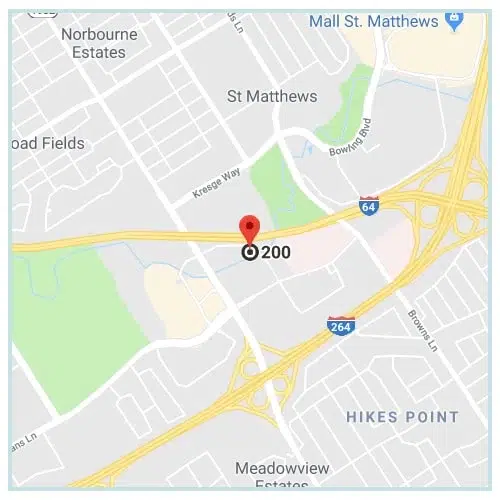As much as you’d hope your parents are receiving proper hygiene care in their nursing home, it doesn’t hurt to do a quick check-in.
The immune system naturally weakens with age. Facilitating a well-thought-out conversation with loved ones about the conditions of their care facility and how to take precaution against harmful germs can be a life-saving measure.
Plan an open conversation
Creating a plan for a conversation on any sensitive subject is important and will ease the process. These are some pointers to keep in mind:
- Do some research: Check in with the nursing home your parents live in before making assumptions about the care they provide. It is important to note if the facility is understaffed. Understaffing at nursing homes often leads to bigger issues like personal hygiene neglect and uncleanliness of bathrooms or food prep areas.
- Open with positivity: Miscommunication happens in several relationships, so starting the conversation off on a good foot will help get your main point – that you care for their wellbeing – across. One way to do this is to commend your mom or dad on good hygiene habits they are carrying out.
- Step back: You might not be the best person to guide a hygiene-related conversation, because it may seem intrusive even if it comes from a place of deep care or concern. Having neutral, third party – like a friend, therapist or physician – coordinate the conversation might lead to more positive results. Sometimes loved ones refuse care or fall behind in basic hygiene because of mental health or cognitive issues, which will eventually require professional intervention.
Offer friendly reminders
When visiting with parents, you can help remind them of good hygiene habits they can practice independently.
You can encourage self-supporting actions or subtle ways to help reduce the presence of germs in your loved ones living space by:
- Inviting them to join you while you wash your hands before a shared meal
- Asking if they need help cleaning tables or counters where food is prepared and eaten
- Offering to help with laundry or even doing the chore together as a bonding activity – throw on a family-favorite movie to make it more interesting
Hygiene is about as personal as it gets. But checking in with your aging parents about their daily routines in a friendly manner is crucial, because the older you are the more susceptible you are to infectious diseases.



